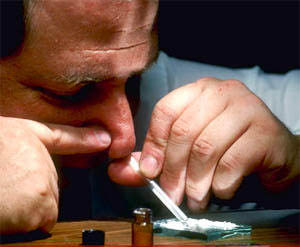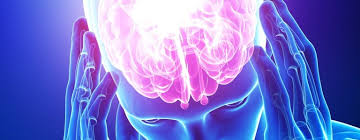Marijuana street descriptions and names

Marijuana street descriptions and names may not matter when it comes to its effects on the brain
Marijuana street descriptions and names: The administration mode
Marijuana street descriptions and names are very many. Users have identified some of the street names as pot, weed, herb, dope, reefer, grass etc., despite the many names, the modes of administration into the body remain the same which is through smoking. Besides, that marijuana can also be taken in as a mixture of baked goods like cookies or brownies and also brewed as a tea. According to the experts from AWAREmed Health and Wellness Resource Center, a more concentrated, higher THC content and resinous form of marijuana are called hashish and it comes in the form of a sticky black liquid, hash oil. Doctor Akoury says that the smoke of this substance often has a pungent and distinctive, usually sweet-and-sour odor. Marijuana is sometimes laced with crack cocaine and hallucinogen phencyclidine (PCP), making marijuana even more dangerous.
Marijuana street descriptions and names: Short-term effects
It is important to note that the effects of marijuana are generally felt within a few minutes and reach a peak between 10 and 30 minutes. Overall, most of the marijuana’s short-term effects wear off within 2 or 3 hours and that explains why users often take it repeatedly to realize the high.
How does marijuana affect the brain? This is very important because when someone smokes marijuana, THC is absorbed by the lungs and into the bloodstream, which then transports the THC to the brain and to all other organs of the body, producing the “high” that users experience. The parts of the brain most affected include those that influence pleasure, memory, thinking, concentration, sensory and time perception and coordination of movement.
Marijuana street descriptions and names: Long-term effects
According to NIDA (National Institute on Drug Abuse), research has shown that, in chronic users, marijuana’s adverse impact on learning and memory can last for days or weeks after the acute effects of the drug wear off. Because of this, a daily user of marijuana may be functioning at a suboptimal intellectual level all of the time. Research has also shown poorer cognitive abilities than non-users, including memory capability, math and verbal skills and that explains why marijuana is very addictive in nature.
Even though users will tell you that marijuana is not addictive, the fact is that year after year our more teens are admitted in various health facilities for treatment with a primary diagnosis of marijuana dependence than all other illicit drugs combined. This according to the studies carried out by NIDA, long-term marijuana use can lead to addiction for about 9% of users and increases among those who start young to about 17% and daily users between 25-50%. Because of the addictiveness nature of the substance, long term users who are trying to quit always suffer withdrawal symptoms including irritability, sleeplessness, decreased appetite, anxiety, and drug craving. The symptoms begin within a day after last use and peak at 2-3 days and latter subside within 1 or 2 weeks. Your concerns after reading this piece of information can be addressed professionally upon the schedule for an appointment with doctor Dalal Akoury today for a one on one discussion.
Marijuana street descriptions and names: The administration mode


